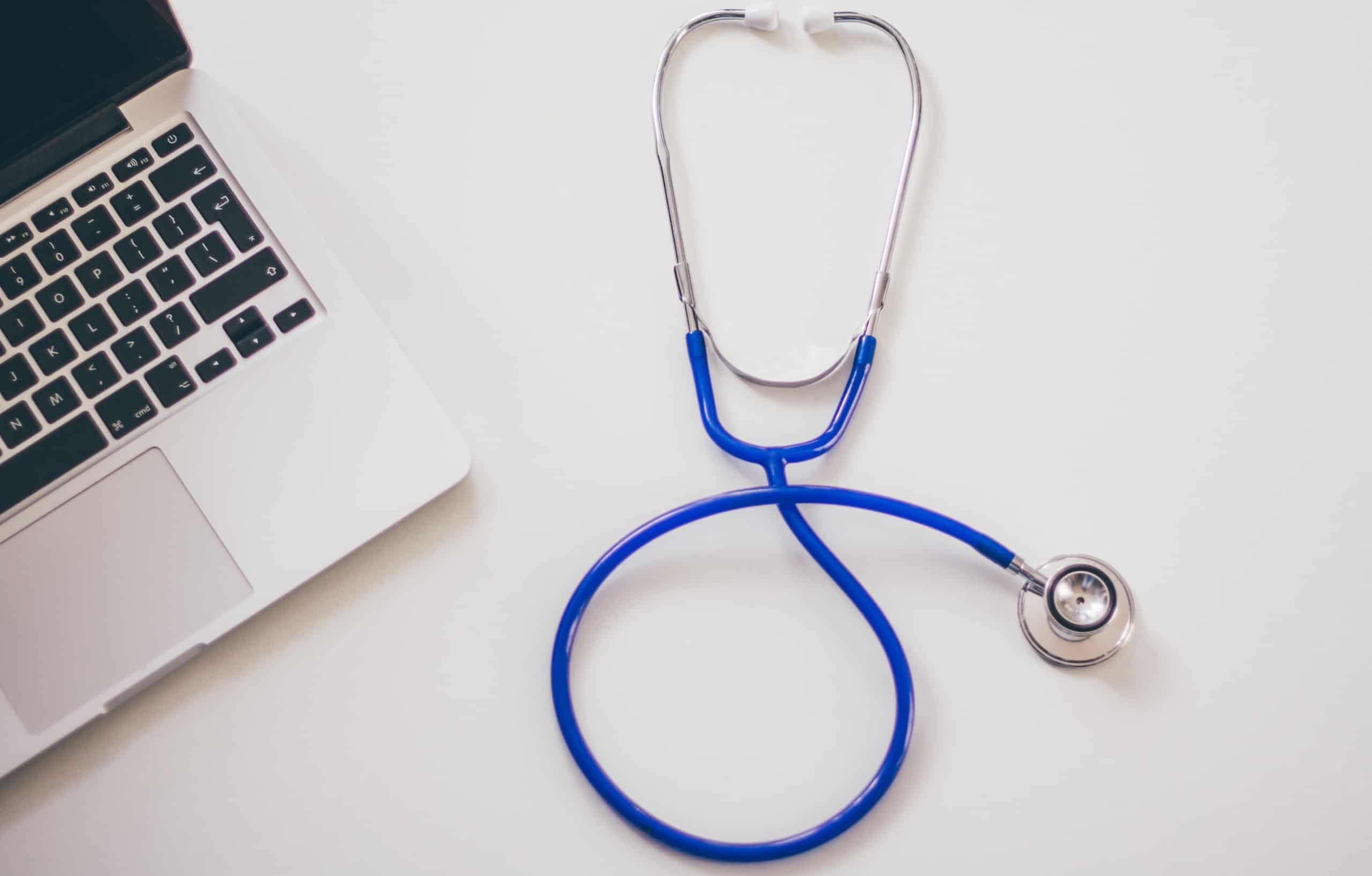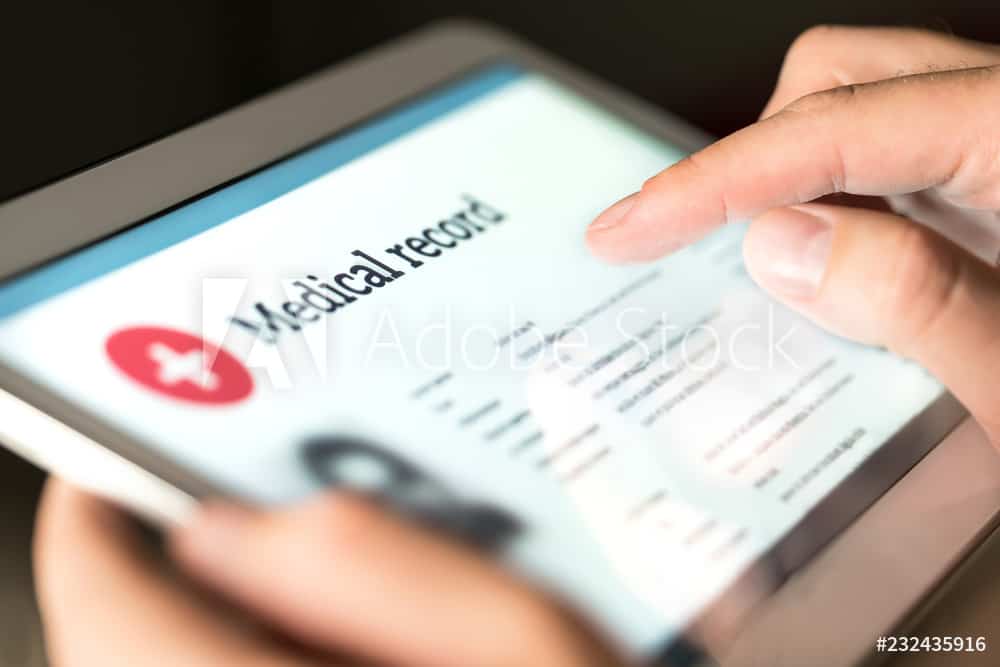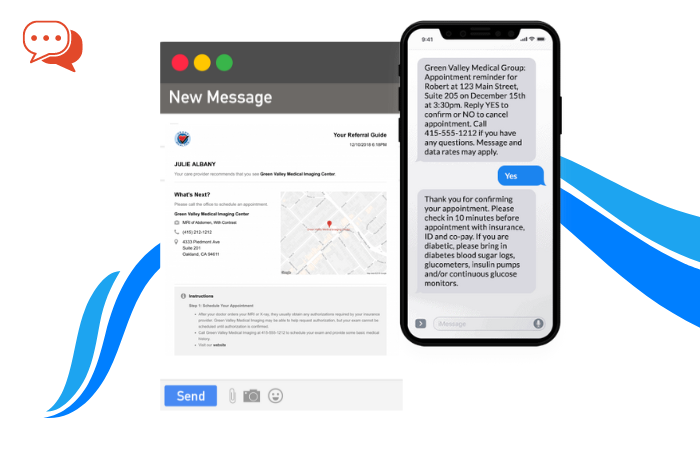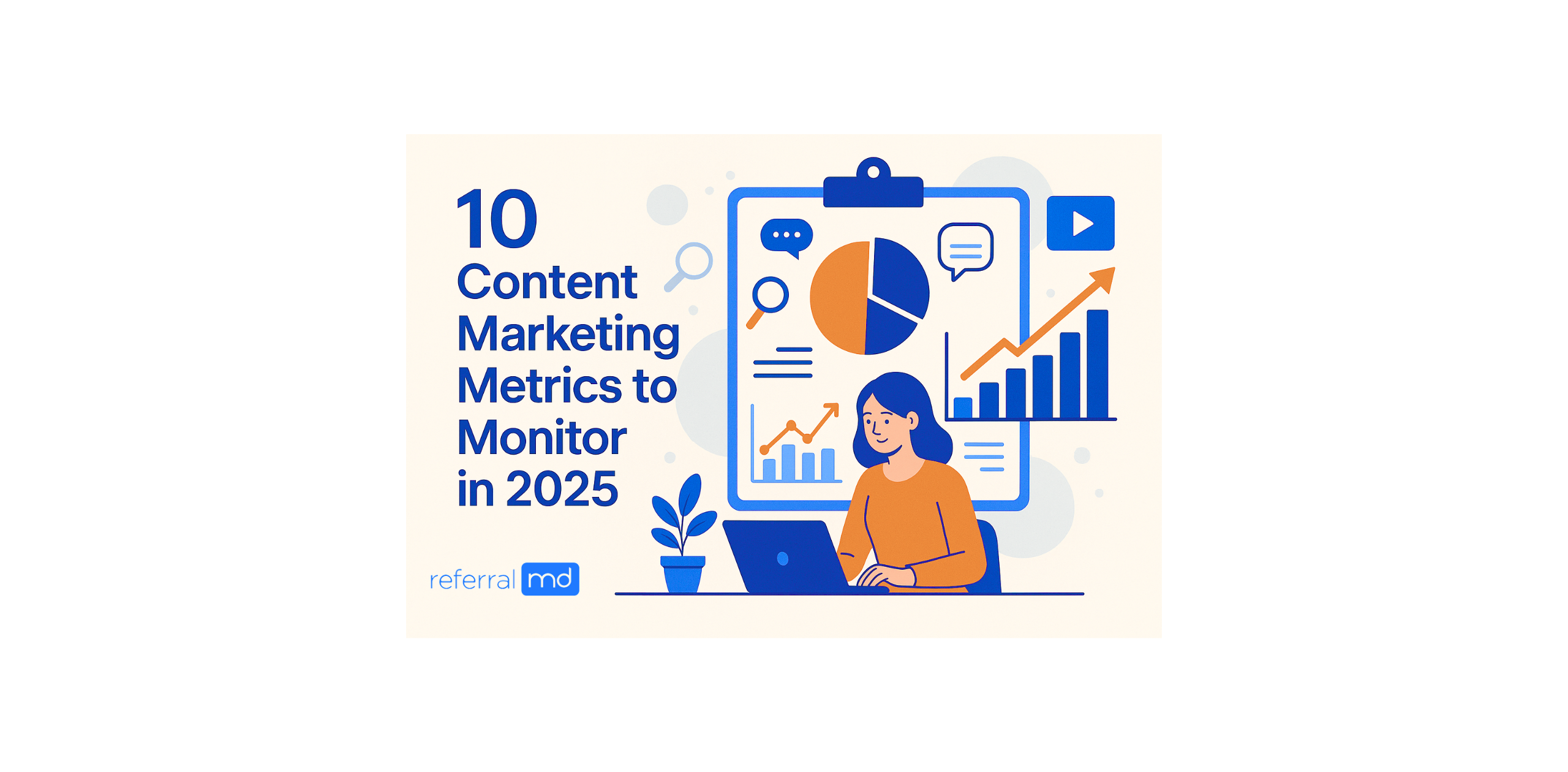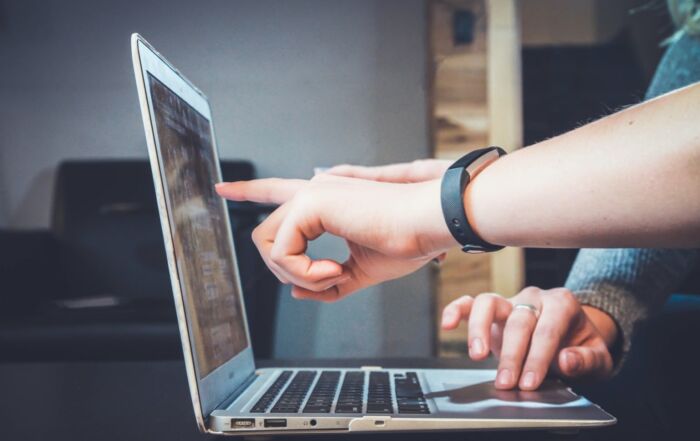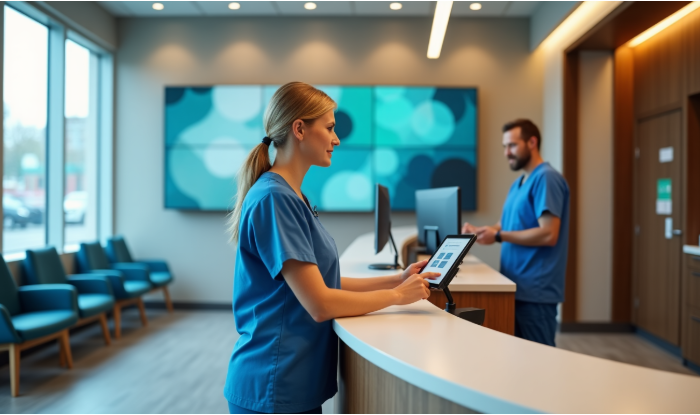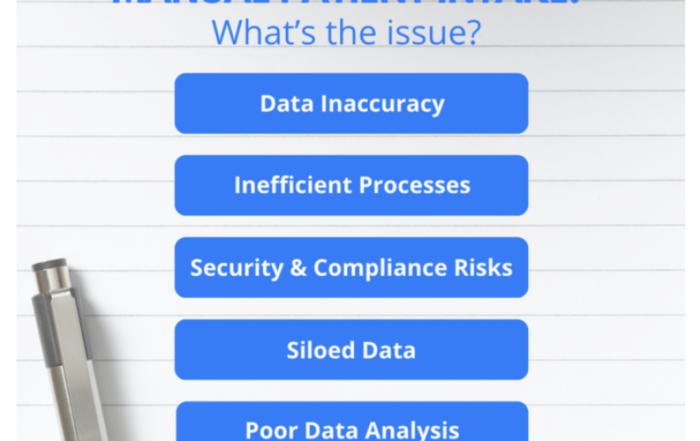
Due to COVID-19, most of us are under a “Shelter in Place” order, which has led people to stay within their homes’ four walls and only come out if there is something urgent. Since being at home plays a vital role in flattening the curve and slowing the spread of the virus, most people follow the guidelines. Though people are not supposed to move out of their house and/or neighborhoods, they can get their basic healthcare requirements fulfilled with mobile medical apps. These apps serve various purposes – from ordering medicines to getting online consultation. Telehealth and telemedicine technologies have been accelerated. Even though we are “sheltering in place” with various medical mobile apps, we can still care for ourselves and our health.
A crisis can be defined in many ways; it can be a shortage of something, a life-threatening disease, or a pandemic. The year 2020 sees the growth of a major virus which is COVID-19, which has affected 213 countries and infected 2 million people globally. With cases rising each day, it is getting harder day by day to see the light at the end of the tunnel.
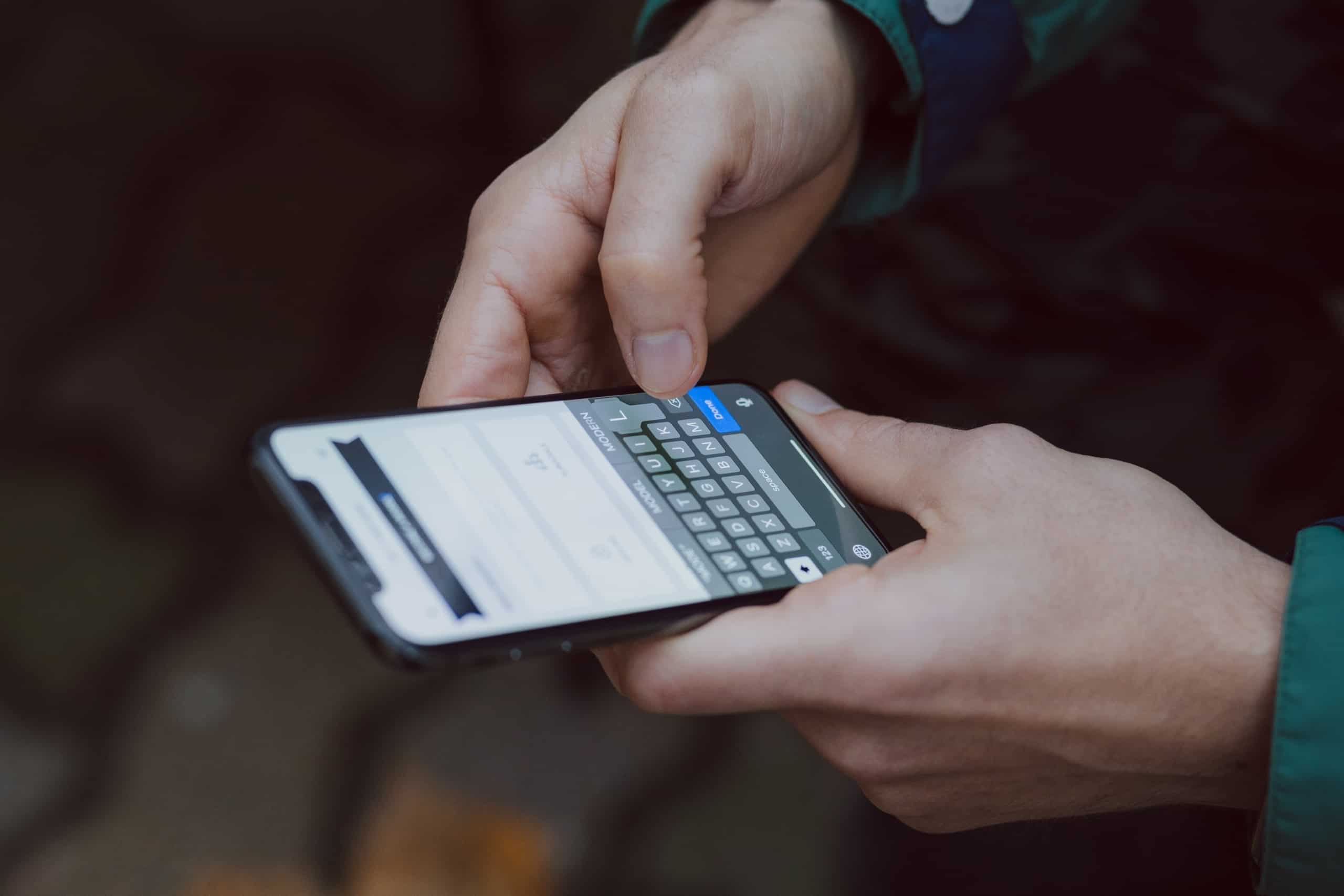
Photo by freestocks on Unsplash
What are mobile medical apps, and why are they important?
As said earlier, mobile medical apps provide facilities to people without them having to leave their space.
It is widely seen that pharmaceutical companies and basic pharmacies are facing several challenges due to this lockdown, and it is that they are not able to sell their medicines. Still, many companies have come up with creative options and introduced medicines after a valid prescription is updated.
These healthcare apps help people in many ways by allowing people to avoid any risk of contact and getting delivery of medicines on time, and giving online consultation to everyone suffering from any pain or symptoms. These apps have come a long way and have become an essential part of which people can heavily rely on trust.
Now let’s decipher how these apps offer different services and what purpose they are serving to their user base.
-
Greater Accessibility
Medical mobile apps have made it extremely easy for their users to access doctors without having to wait for hours to meet the doctors. It takes just a few minutes to find the best doctors to whom people can tell their condition and gather online prescriptions.
-
Calling Services
These apps have maintained transparency and assured patients that they could be remotely diagnosed easily and accurately. These apps have enabled video and audio calling services to allow the users to talk to doctors and show them the exact picture of any disease that can’t be explained in words.
-
Leverages service providers
They have been able to be a great help for service providers too. The healthcare practitioners and others can connect with a wider audience and serve their health and medical needs even while occupied with numerous other tasks.
-
Quick deliveries
If you need medicines that you cannot buy because of the ongoing pandemic, you can quickly get them delivered to your doorstep without any hassle – all thanks to these mobile medical apps. Most medical apps provide an option for buying medicines by selecting them inside the app, which means that it becomes a one-stop-shop for the patients.
-
Convenient Payments
Payments are a big fuss if you have to make quick payments, but it is very convenient to send money along and receive services with these apps. These apps have ensured that your payments are made through a secured getaway, and if you are not satisfied with the service, you receive your amount back within no time.
-
Track Health Data
Tracking down your health is very important, especially during this time. Boost of IoT has allowed these apps to assess your heartbeats, respiratory functions, and what not through smart wearable devices. These devices can be easily saved with the app and update to keep a guard on your health.
Can Medical Mobile Apps Benefit You?
Medical mobile applications are convenient for many people who cannot move out of their houses. Not only in this sensitive time but apart from them as well. There are many reasons why people are switching to mobile applications to receive consultations from doctors, but the primary reason is convenience. These apps are highly convenient and cater to individuals’ needs in emergencies while legitimately understanding each problem of the patients and providing services within the app that does not leave a user flinging in between and searching for resources when he/she is unwell.
This platform is an advantage in the hands of customers and can generate profits for a company that wants to build a revolutionary medical app for its users. Custom healthcare companies allow a wide range of possibilities to build the desired product following the latest healthcare app trends. Companies should consider developing a mobile application in this field because apps are convenient and can be downloaded by anyone who wants to check.
Summing Up!
These medical apps have been widely embraced by people worldwide during this crisis and will continue to flourish in the coming times. As mentioned above, medical apps have successfully served customers basic healthcare, which they could not have otherwise achieved. Medical apps are ruling. They are serving customers who cannot go to the hospital and get checked by a doctor because they are alone, or the current situation is not letting them take precautionary measures. The other part, which makes these apps more reliable, is that the patient gets to see a doctor for each problem that he/she is facing. The patients can choose any doctor that they want and get started with their treatment. Medical apps are going to change the way people looked at healthcare.
